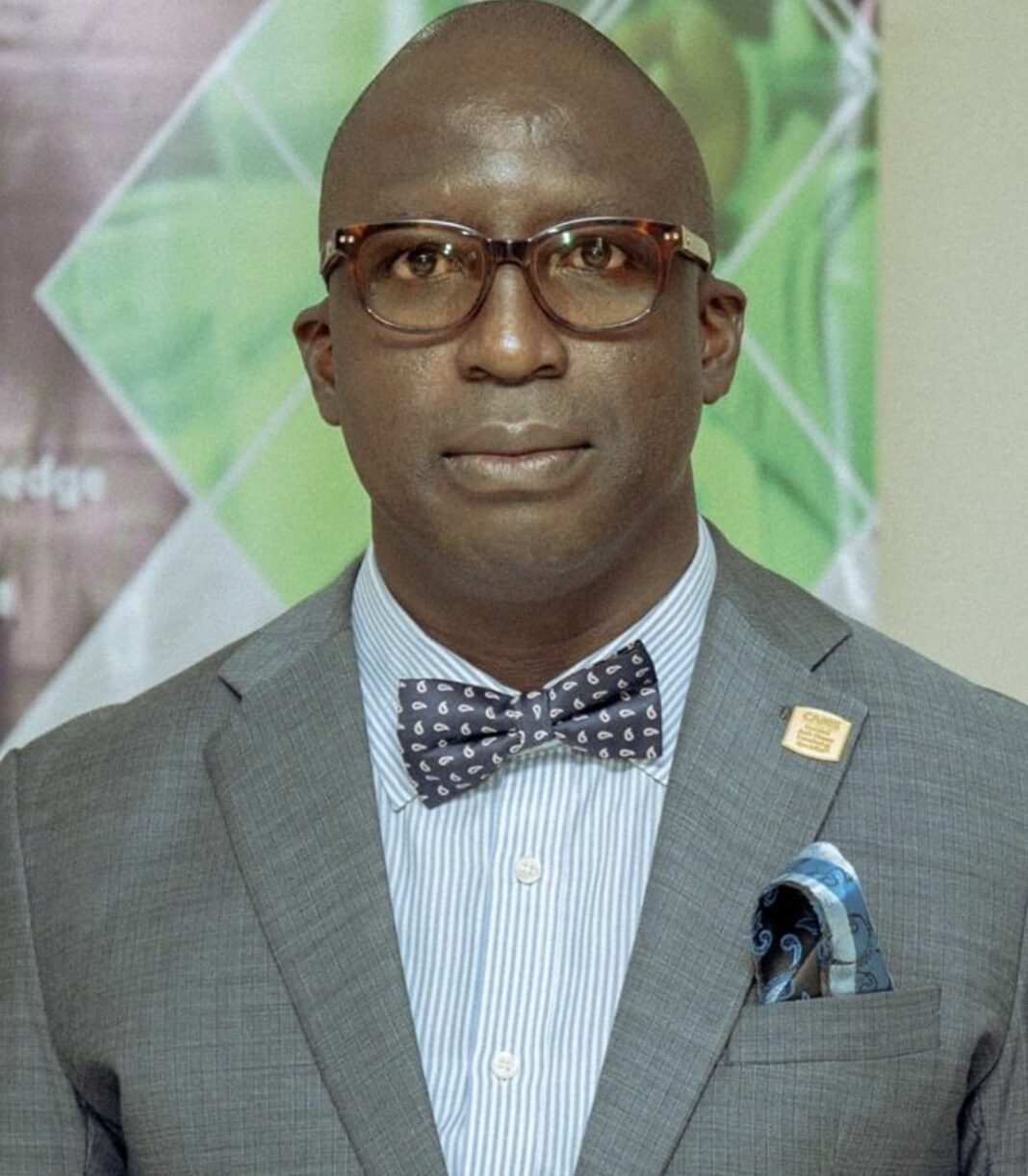Opinion
Historically, Branch Banking in Nigeria is known is an example of the British methods of Banking and one of the surviving legacies of the colonial era. A diametrical method is the multi-office Banking model, recognized for banking services through a single-office Banking institution, this form of bankingorganization is quite common and predominant in the United States of America. Notwithstanding, the initial expansion of branch Banking expansion, and extension of banking facilities to the rural areas in Nigeria, can and must be credited to the Central Bank of Nigeria rural banking programme adopted in the late 1970s and early 1980s.
However the phenomenal growth rate of bank branches from the 1990s was attributable to the accelerated growth in the economy, increased business and commercial activities and the entrepreneur traits and capabilities of Nigerians (as new players in the industry).
Ordinary, branching is undertaken by commercial banks, as a business strategy to ensure retail dominance. Amongst the Banks, It is an opportunity for deposit gathering, though it equally provided customer’s ease when making deposits or collecting their money from branches. In deciding where to locate their branches, the Banks are guided by such criteria as cost, convenience and customer concentration. This modelmakes banking services readily available and convenient to the general public although in recent times, the use and relevance of this model has come under criticism as a result of technological advancement and innovation.
A major and unmistakable disruption in banking services is that an apt term called ‘automation’ or what has grown exponentially into what is known referred to as ‘fintech’ through which a high proportion of numerous routine Banking operations is now carried out by electronic means. Putting it so simplistic may undermine the plethora of changes that the divergent has introduced, in fact banking as we know has its foundational processes, procedures, services modified irrevocably but maybefurther interrupted from time to time.
In recent times, the Nigerian economy has been poor to the extent that it swerved into recession and it adversely impacted the profits of most banks to the extent that due to paucity of funds several branches had to be closed. Prior to this majority of the bank branches failed to rally customer expectations. Notwithstanding the rebound of the economy, majority of bank branches continue to suffer numerous administrative shortcomings in terms of quantity as well as quality manpower needed, error in location of branches occasioned not by commercial exigencies but ‘show off’, meaning that someBanks whilst showcasing four to five branches on a particular street may have no workable ATM. Where one does, the length of the customer queue is equal to the distance between Lagos and Cairo. On the hand, presenters of ‘Fintech’ are quick to point out that the banking industry shortcomings can be eliminated through the deployment of appropriate Bankingsoftware.
It is further argued that branch Banking should be discarded since virtually banks offer the same service as allowed by extant regulation, speed and efficiency offered by technology is theclear-cut advantage in a highly competitive industry. However, a detrimental point to proponents of Fintech is that customer loss funds through fraud as a result of product review deficiency and technology gaps is phenomenal, and that such customers are ‘on their own’.
Evidently, the impact of technology on banking services has led to improved transactional turnaround time; customer’s satisfaction, heightened banking interest by the unbanked, it remains doubtful whether ‘Fintech’ will not eliminate the use and relevance of branches. Some branch customers seek human empathy during their complaint, machine cannot give this.
Some senior and extremely wealthy Nigerians consider the branch as a must reach, they simply cannot trust the voice of a machine giving them advise or manual instructs. Buttressing this position, Adrien Kirschfink, Managing Director, Accenture Financial Services puts it more succinctly when he opined that ‘consumers continue to see the value of branches for the “human factor.” Although 24 percent of consumers say they would consider a branchless bank, nearly 90% of customers believe that they will continue to use their branches, and an increasing number of consumers believe that the branch is the single most important channel.
The harmonized route going into the future in Nigeria is for the- ‘brick’ and ‘click’ must combine for effectiveness and efficiency. Nevertheless, Nigerian Banks must quickly close all its housekeeping issues for example network failures, poorly trained frontline staff and customer resolution timelines.
Kunle Ajiboye LL.M, B.L, CAMS, CRMCP, GCI writes from Lagos




